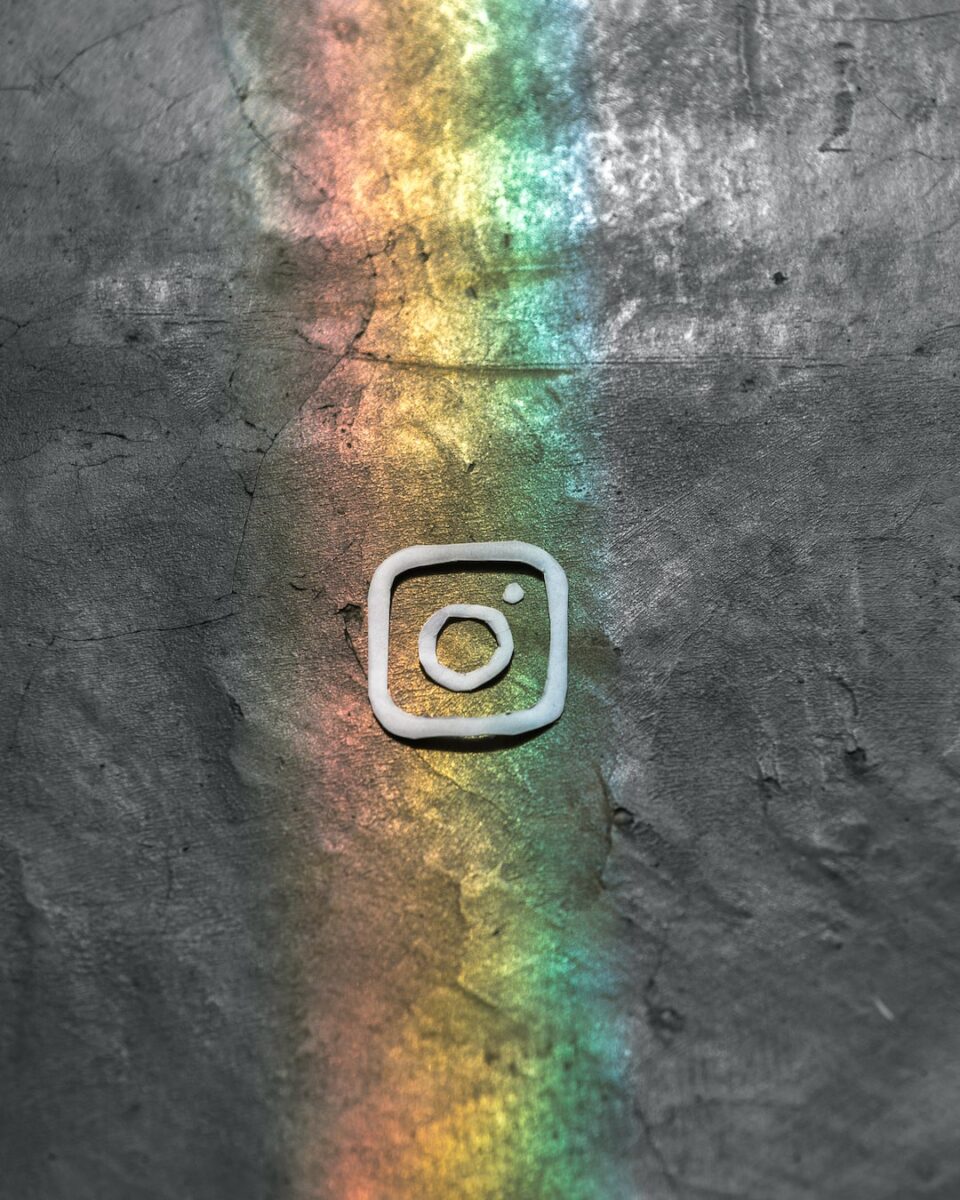The Impact of Social Media on Mental Health
In today’s digital age, social media has become an integral part of our lives. We use platforms like Facebook, Instagram, Twitter, and Snapchat to connect with friends, share our thoughts and opinions, and stay updated on current events. While social media has undoubtedly brought people closer together, it has also had a profound impact on our mental health. This blog post will explore how social media affects our mental well-being and discuss strategies to maintain a healthy relationship with these platforms.
One of the major ways social media affects mental health is through the phenomenon of “social comparison.” On these platforms, we are constantly exposed to carefully curated versions of other people’s lives – their vacations, parties, promotions, and successes. This constant barrage of images and posts can create feelings of inadequacy and low self-esteem. We may start comparing our own lives to those presented on social media and feel like we are not living up to society’s expectations. This can lead to negative emotions, such as loneliness, envy, and depression.
Another detrimental aspect of social media is the impact it has on our sleep patterns. Many of us are guilty of scrolling through our feeds right before bed, instead of winding down and preparing ourselves for a good night’s sleep. The blue light emitted by our devices interferes with the production of the sleep-inducing hormone melatonin, making it harder for us to fall asleep. Furthermore, the constant stimulation of social media can keep our minds racing, preventing us from achieving a restful sleep. Lack of proper sleep can have severe consequences on mental health, leading to mood swings, decreased productivity, and even more serious conditions like anxiety disorders and depression.
Moreover, social media has also been linked to feelings of isolation and loneliness, despite its promise of connecting people. Spending excessive amounts of time on these platforms can lead to a decrease in social interactions in the real world. Instead of meeting friends for coffee or engaging in face-to-face conversations, we opt to communicate through likes, comments, and emojis. This virtual interaction can never truly replace the richness of human connection, and over time, it can leave us feeling isolated and disconnected from others.
The pressure to gain likes and validation on social media can also be detrimental to our mental well-being. Many of us seek validation from others by posting pictures and waiting anxiously for the likes to pour in. However, when our posts do not receive the desired response, it can leave us feeling dejected and worthless. It is crucial to remember that our self-worth should not be defined by the number of likes or followers we have. True happiness and fulfillment come from within, not from external validation.
While the impact of social media on mental health may sound overwhelming, there are steps we can take to mitigate its negative effects. The first step is awareness. We need to be mindful of the amount of time we spend on social media and how it makes us feel. If we notice that scrolling through our feeds leaves us feeling down, it may be time to reassess our relationship with these platforms. Setting time limits, prioritizing real-life interactions, and engaging in offline activities can help create a healthier balance.
Additionally, it is crucial to curate our social media feeds to promote positivity and mental well-being. Unfollow accounts that trigger negative emotions or feelings of inadequacy. Instead, follow accounts that inspire, educate, and uplift us. Utilize social media as a tool for personal growth and self-expression rather than a platform for societal comparison.
Lastly, setting boundaries is essential. Create digital-free zones in your home, like the bedroom, where phones and other devices are not allowed. Establish designated times for social media usage, allowing yourself to disconnect and be present in the moment. By setting these boundaries, we regain control of our digital lives and protect our mental well-being.
In conclusion, social media has undoubtedly had a significant impact on our mental health. The constant exposure to carefully curated versions of other people’s lives, the pressure to gain validation through likes and comments, and the impact on our sleep patterns are just a few examples of its negative effects. However, by being aware, curating our feeds, and setting boundaries, we can maintain a healthy relationship with social media. It is up to us to recognize the potential harm and take the necessary steps to protect our mental well-being in this digital age.

